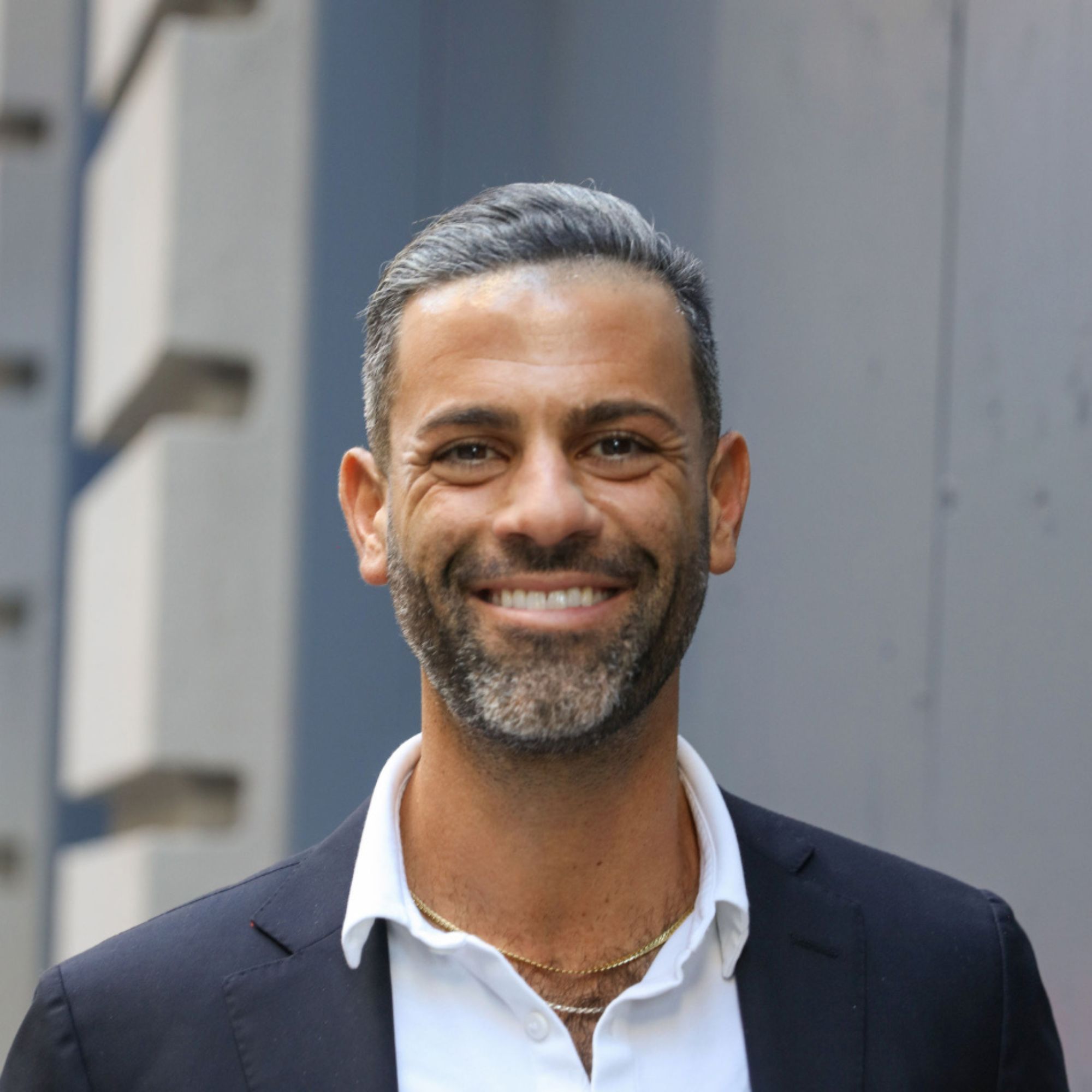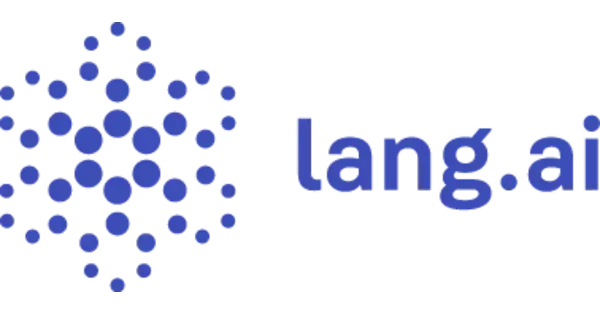Ready to launch your own podcast? Book a strategy call.
Frontlines.io | Where B2B Founders Talk GTM.
Strategic Communications Advisory For Visionary Founders
Conversation
Highlights
Building Trust Through Radical Transparency: How VoxelSensors Wins Enterprise Customers
Most hardware startups try to hide their limitations. VoxelSensors takes the opposite approach – radical honesty about where their technology stands. This strategy is winning them deals with major tech companies in both consumer electronics and industrial automation.
“Be honest to where you are, what you are,” Johannes shared on Category Visionaries. This principle emerged from a key insight: enterprise customers actually prefer working with startups that are upfront about their development stage.
This morning, a major American firm visited VoxelSensors’ office and told Johannes: “We know you’re a startup. We appreciate you’re a startup. We appreciate that we can be one of the early adopters of your technology, and we very much appreciate your honesty of where you are in your roadmap.”
This transparency creates collaborative relationships rather than transactional ones. When customers discover issues, they become partners in development rather than dissatisfied buyers. As Johannes explained, “Instead of thinking you’re trying to deceive them, they’re actually [saying] ‘Hey, we found something that you might want to know because you’ll see it with other customers as well.'”
This approach required rejecting conventional startup wisdom about appearing bigger than you are. VoxelSensors didn’t even have a website until CES 2023. Instead, they focused on building deep relationships with a select group of potential customers who could drive integration programs.
“In the consumer space, it’s half a dozen, maybe ten, maybe a dozen max… companies that are big enough, that can drive an integration program,” Johannes noted. This allowed them to be highly selective about early partnerships.
The strategy extends to their market development approach. Rather than trying to serve every potential use case, they maintain flexibility at the foundational technology level while specializing higher in the stack. “The higher you go in the technology stack, the system, and that includes in the lens, the PCB, the software… those algorithms are very different,” Johannes explained.
This selective focus helps them manage the distinct needs of consumer electronics and industrial customers. As Johannes noted, “In consumer electronics with the big tech companies, whether they’re American or Asian, they’re used to try things out and have big budgets for that… In the industrial space, those budgets aren’t there.”
The results speak for themselves. VoxelSensors has secured partnerships with major tech companies and one of the world’s largest contract manufacturers, JBL. Their technology is being evaluated for integration into next-generation consumer devices and industrial automation systems.
For founders navigating enterprise sales, Johannes’s experience offers several key insights:
- Radical honesty about your startup’s stage builds trust faster than pretending to be more mature
- Focus on a small number of high-potential customers rather than trying to serve everyone
- Match your technology architecture to your go-to-market strategy
- Different market segments require different engagement models, even for the same core technology
The VoxelSensors story demonstrates that in deep tech, authenticity and focused execution can be more valuable than a polished facade. By embracing their startup status rather than hiding it, they’ve turned what many would consider a weakness into a strategic advantage.
Actionable
Takeaways
Leverage Quiet Periods for Strategic Planning:
When external circumstances, such as the pandemic, slow down regular operations, use this time for foundational work such as patent filings and strategic planning without the usual market pressures. This approach allows for a more thoughtful and robust company setup that can handle future growth and challenges more effectively.
Innovate with Efficiency and Responsiveness in Mind:
Developing technology that significantly improves power efficiency and reduces latency can open up new applications and markets. For startups in hardware or deep tech, focusing on creating solutions that address these critical pain points can differentiate your product in crowded or emerging markets.
Prioritize Honesty in Customer Relationships:
Being transparent about where your product or technology stands, including its current limitations, can help build trust with early adopters and partners. This trust is essential for long-term collaborations, especially when navigating the uncertainties typical of introducing new technology to the market.
Be Selective with Strategic Investors:
Early on, carefully evaluate the alignment and conditions proposed by strategic investors. The right partners can accelerate growth, but the wrong ones can sidetrack the company's vision. It's vital to ensure that any partnership reinforces the startup's long-term strategy and operational independence.
Prepare for Continuous Fundraising and Network Building:
Understand that fundraising is an ongoing activity rather than a phase. Continuously engaging with potential investors and building a network, even when not actively seeking funds, can ease future rounds. This proactive approach ensures you're not starting from scratch each time and can help attract investment under more favorable conditions.





























































































